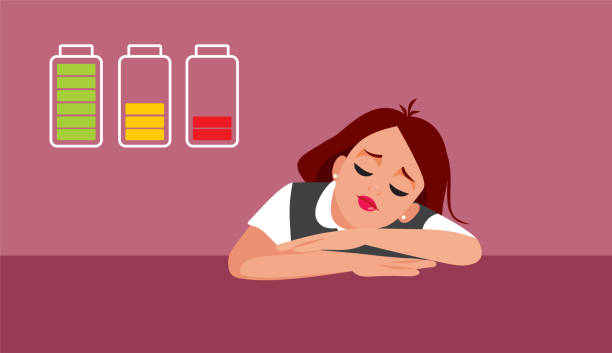Feeling tired now and then is normal. But if your energy is low every day, something else may be going on. Fatigue that lingers isn’t just about being busy or getting older. It often signals a deeper issue that needs attention.
You might be quick to blame sleep or stress, but fatigue can come from many sources. Some are physical. Others are mental or emotional. In many cases, the real cause isn’t obvious until you take a closer look. In this article, we will go over several possible reasons for your fatigue.
1 – Chronic Illness or Medical Conditions
Some ongoing health conditions can drain your energy, even when you’re getting enough sleep. Fatigue is often one of the earliest signs that something in your body isn’t working right. Conditions like hypothyroidism, diabetes, and autoimmune diseases can all leave you feeling sluggish day after day. Your body is trying to manage something that takes energy, whether you realize it or not.
One common question is, does high blood pressure make you tired? The answer isn’t always clear. High blood pressure itself doesn’t usually cause fatigue, but the medications used to treat it often do. If you’ve started new blood pressure medicine and feel wiped out, the two could be connected. You might need to talk to your doctor about adjusting the dose or trying a different prescription.
Fatigue linked to medical conditions tends to stick around no matter how much rest you get. If your energy is low for weeks and simple fixes aren’t working, it may be time for blood tests or a physical exam.
2 – Nutrient Deficiencies
Your body needs specific nutrients to produce energy and keep your systems running. If you’re low on certain vitamins or minerals, fatigue often shows up fast. Iron deficiency is one of the most common causes. It limits how much oxygen your blood can carry, which leaves you feeling weak and tired. Low levels of vitamin B12 or vitamin D can also lead to fatigue. These support your nervous system and help regulate how your body uses energy. A magnesium shortage affects muscle function and sleep quality, which adds another layer of exhaustion.
Even if you’re eating three meals a day, your diet might be lacking. Processed foods and sugar-heavy meals don’t give your body what it needs. You might feel full but still be undernourished.
3 – Chronic Stress
Stress that never lets up wears you down in ways you might not notice right away. At first, you push through it. But over time, your body and brain start to lose steam. Chronic stress forces your system to stay alert long after the threat is gone.
Your body releases stress hormones like cortisol to help you cope, but they aren’t meant to stay elevated for days or weeks. When they do, it interferes with your ability to recharge. You may notice muscle tension, headaches, or a short temper. All of that takes energy. Instead of using it to move through your day, you’re spending it just trying to hold it together.

